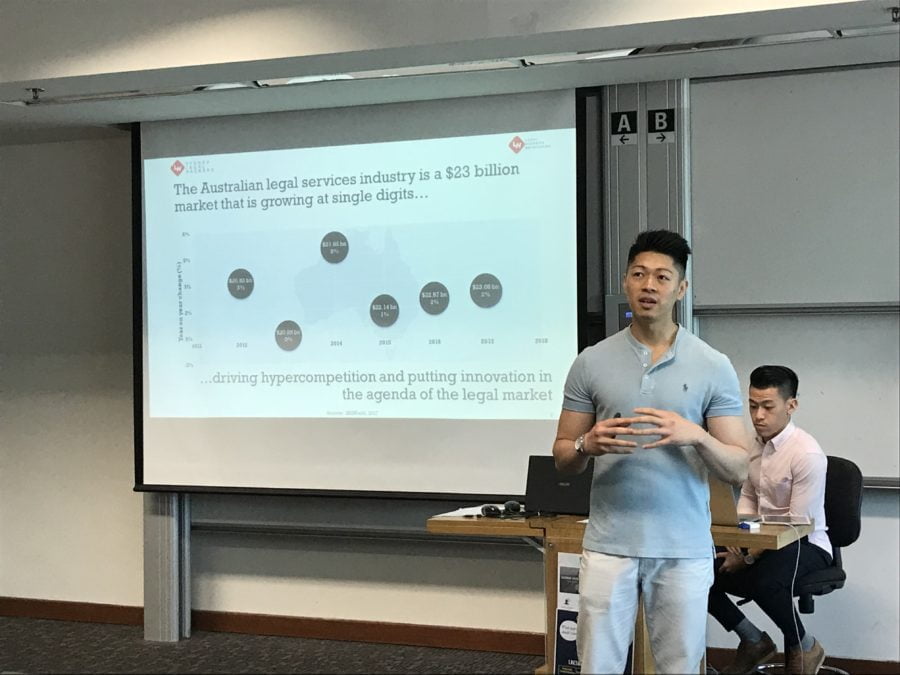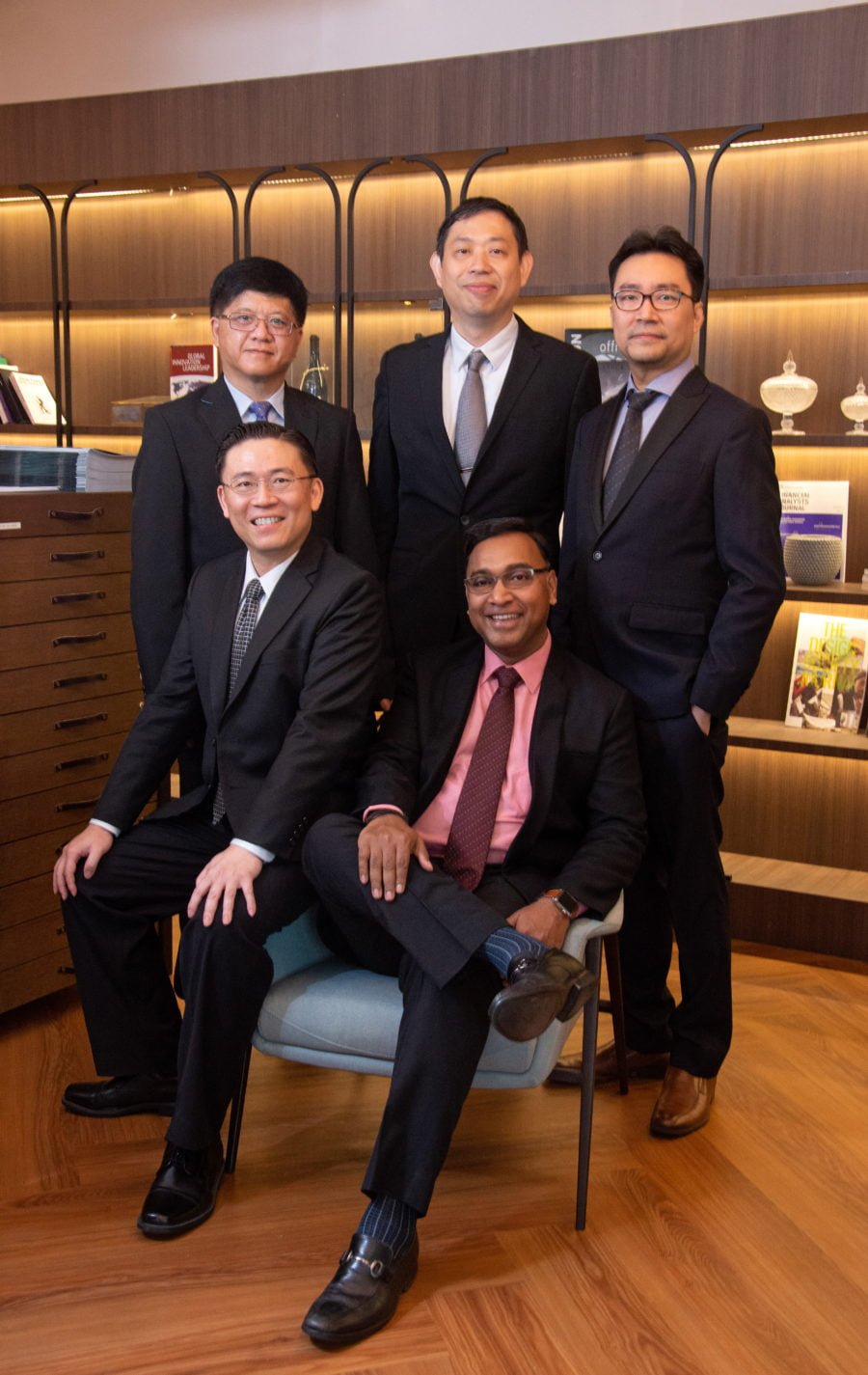LawTech.Asia is tremendously humbled to have 5 of its members featured on Asia Law Portal’s 30 People to Watch in the Business of Law in Asia in 2019!
The list tracks the likely movers and shakers of the legal industry in 2019, and LawTech.Asia is fortunate to be named alongside luminaries such as Ms Teresa Cheng (Hong Kong Secretary of Justice) and Ms Melissa Kaye Pang (President of the Hong Kong Law Society) for this year’s edition.
LawTech.Asia has an unwavering goal – to inspire legal innovation through partnerships and thought leadership. By the nature of our work, we walk alongside and are supported by giants who stand tall in their fields. Hence, this achievement has come very much as a pleasant surprise to all of us. We have met many leaders at the forefront of legal tech in the region, all of whom would more than deserve a spot on the list.
Nevertheless, this recognition only strengthens our resolve to work even harder towards our vision of become “The Economist of legal technology in Asia”.
We dedicate this to all of LawTech.Asia’s partners. This recognition belongs to you as much as it means to us.
From all of us at LawTech.Asia, a very big thank you.
The LawTech.Asia Team






